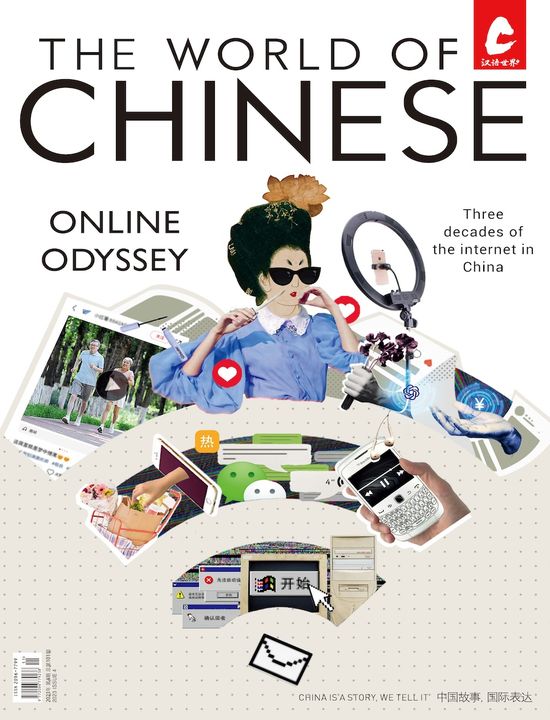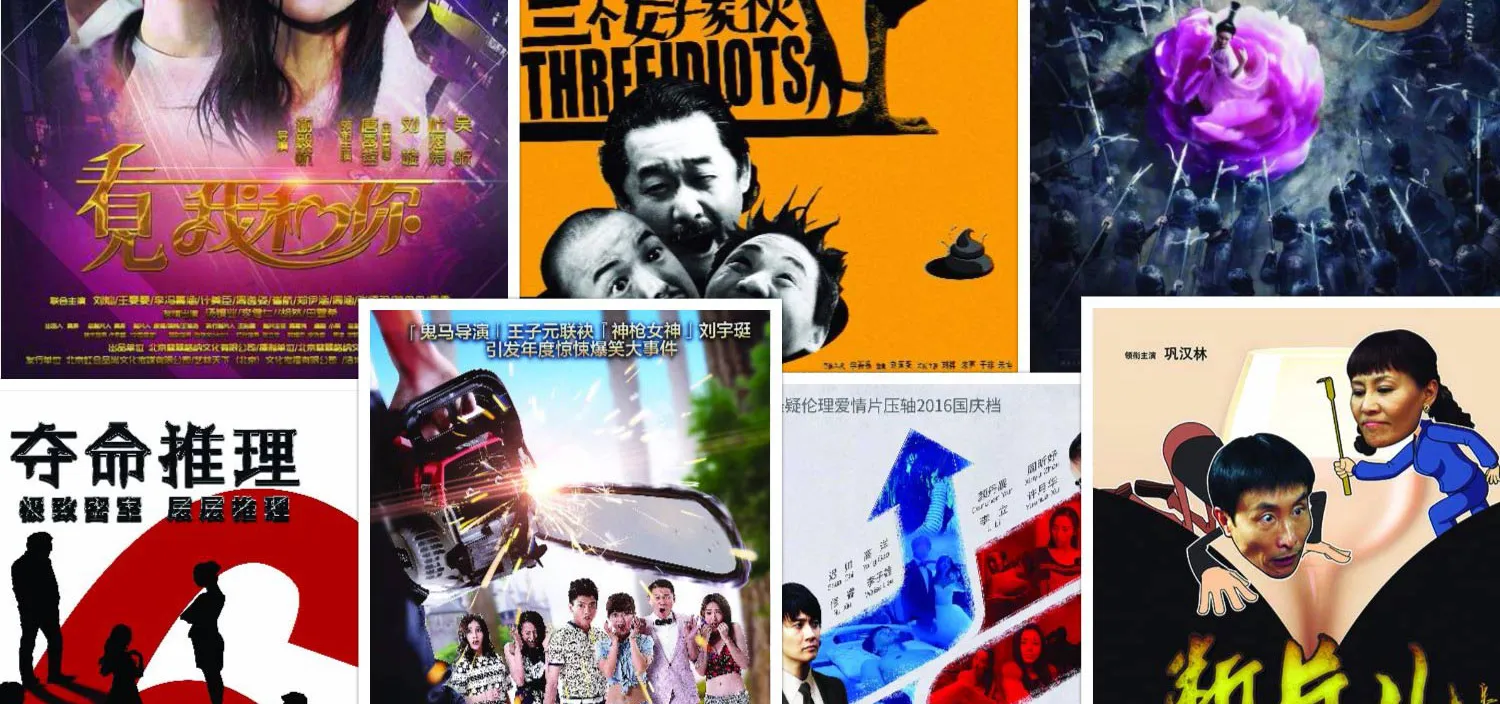Why the sudden downturn in China’s film industry may help save it
Wolf Warrior 2 may have single-handedly saved the summer film market, but its sleeper success belies a general downturn in fortunes for Chinese cinema.
The highest-grossing Chinese film ever, Warrior 2 has netted over 773.6 million USD at the box office; it now ranks just below the original 1977 Star Wars, and above 2014’s Guardians of the Galaxy, in Box Office Mojo’s list of 100 all-time biggest earners.
Before the movie’s late July release, however, receipts were declining in an already-plateauing film market. Even Hollywood movies, long seen as market saviors, seemed to have lost their charm. When “Domestic Film Protection Month” was put on hiatus last summer, the number of imports reached an historic high of 102, an almost 48-percent increase from 2015 (the protectionist period returned this year, significantly helping Warrior 2). Yet sales in 2016 gained a mere 11.83 percent increase, against a three-year previous average of 30 percent. Mediocre movies like Finding Dory, The Secret Life of Pets, Independence Day: Resurgence, Storks, Jack Reacher: Never Go Back, The Huntsman: Winter’s War, and Moana all met with even less enthusiasm in China than the US market.
The majority of domestic films still struggle to see the light of the day. The market has been particularly harsh on the genre of low-budget films known as “cannon fodder” (pàohuī, 炮灰), a name applied to the instantly forgettable, cookie-cutter flicks that fill screens between major releases, before vanishing into obscurity.
Low-budget “cannon fodder” productions need to make a minimum of 30 million RMB at the domestic box office to break even, according to the latest industry report by the China Film Association and the Film Art Center of China Federation of Literary and Art Circles. But 69 percent of Chinese films last year made less than 10 million RMB apiece; as many as 80 percent of the 237 domestic films released so far in 2017 are estimated not to have made any profit at all from ticket sales, according to Juzi Entertainment. The cannon fodder are seemingly being slaughtered at the box office.
Industry experts attribute the downturn to the vast injection of venture capital in recent years, which has created a disastrous environment for overall film quality. An influx of equity investors, attracted by the 49-percent growth in the industry over 2015, has had bittersweet consequences. “The film industry is simply too popular,” Wanda Cinema’s CEO Zeng Maojun observed at the 2016 Shanghai International Film Festival, warning, “Things become their opposites when they reach an extreme.”
In Zeng’s view, Chinese films need capital to compete globally, but “the other characteristic of capital is pursuing fast returns. Such attitudes from investors distract people from caring about content…when consumers can’t get good content, they will grow weary of going to the theater and the industry will fail.”
The current slump seems to echo Zeng’s fears. Across the board, so-called winning formulas have been losing money hand over fist. Traditional blockbusters, boasting lavish FX, celebrity casts, and large marketing campaigns, have flopped; Legend of Ravaging Dynasties (production budget 300 million RMB; box office 381 million) and League of Gods (budget 500 million; box office 283 million), both starring top actress Fan Bingbing, fizzled at the box office. Neither the “little fresh meat”—the derisory name given to actors with little to offer beyond youth and looks—nor so-called “IPs,” popular adaptions of fiction or comics with a built-in fan base, seem to interest audiences. There were three times as many IP films in 2016 (86 in total), but they only made as third as much as the previous year.
Rapidly maturing audience tastes are also likely to interfere with the rampant fraud that plagues the industry, responsible not only for many “cannon fodder” films, but also tainting major releases. There are many outlandish theories concerning the baffling rise of Jing Tian, wooden star of upcoming Pacific Rim 2 and Skull Island, but one WeChat public account suggests simply “follow the money.” When Chinese stars are overpaid in foreign currency to star in co-productions, the theory goes, their salary is used to offshore money restricted by Beijing’s capital controls. Indeed, one of Jing’s co-stars, Sun Honglei, has spoken out against investors “who finance productions solely for the purposes of courting actresses and money laundering,” to the detriment of film quality.
One of the biggest industry scandals of 2016 concerned the faking of 32 million RMB’s worth of ticket sales by distribution company Max Screen; another 56 million RMB of tickets turned out to be bought by the distributor itself.
Under investor Shanghai Kuailu, Ip Man 3 was packaged into a complex series of financial equities, offering eight-percent nominal annualized returns, or up to 11 percent should the film exceed 1 billion RMB at the box office. Having guaranteed a billion-yuan bonanza, two of Kuailu’s investment companies distributed the rights among various companies also connected to Kuailu; the seemingly secure deals boosted the stock prices of all involved. When early reports suggested the film would be a relative failure, however, Max Screen, another subsidiary of Kuailu, attempted to stymie the damage by goosing sales.
Byzantine investment schemes are common in the industry, as are similarly elaborate scams. For quality to be afforded the same respect as capital, there will have to be a sea change at the box office. Some see the industry’s slowing growth as precisely the positive turn required. “As popular acclaim becomes increasingly important, trash films are no longer able to make easy money,” Guancha.com film critic Liang Pengfei crowed. “I think it’s a great, great thing.”
Bombing at the Box Office is a story from our issue, “Down to Earth.” To read the entire issue, become a subscriber and receive the full magazine. Alternatively, you can purchase the digital version from the App Store.














